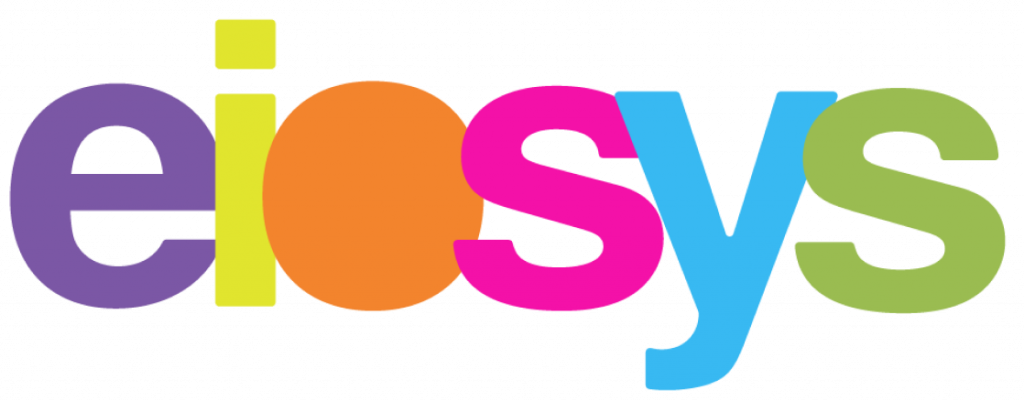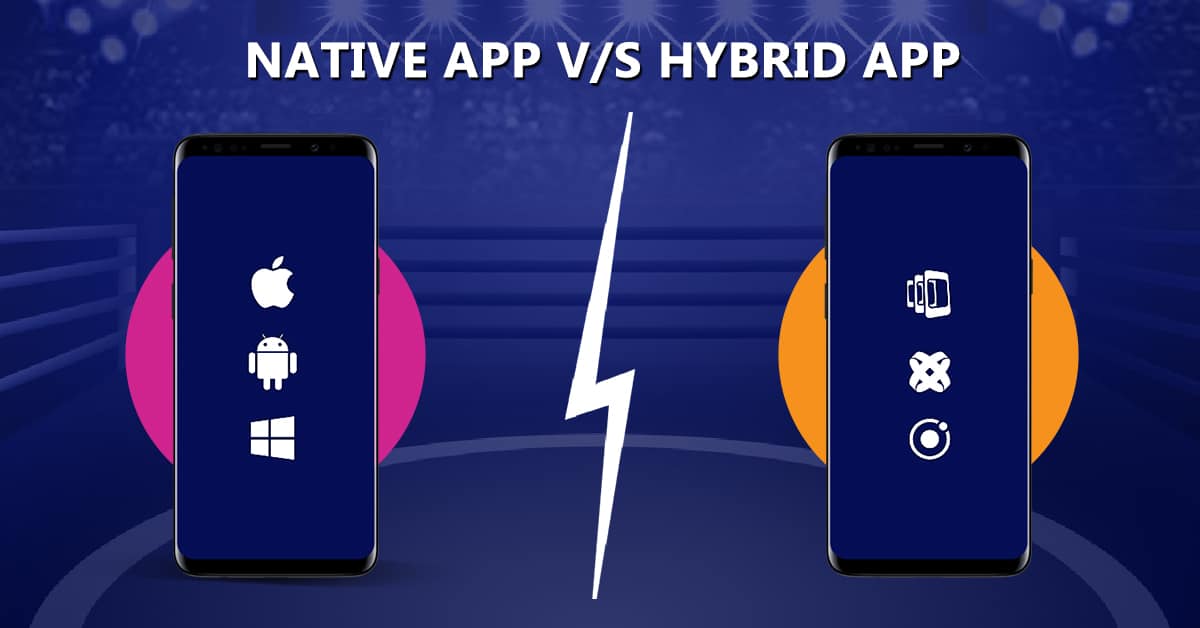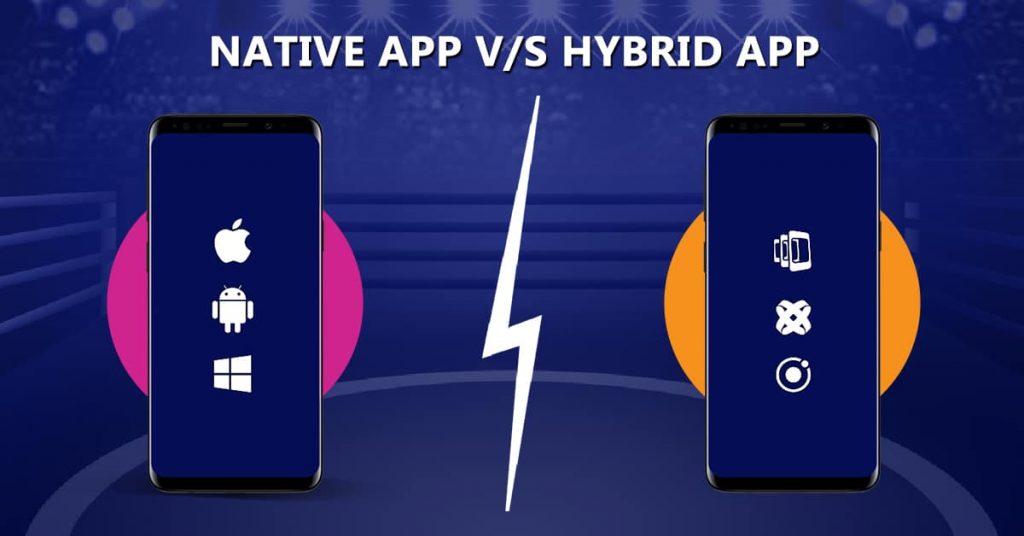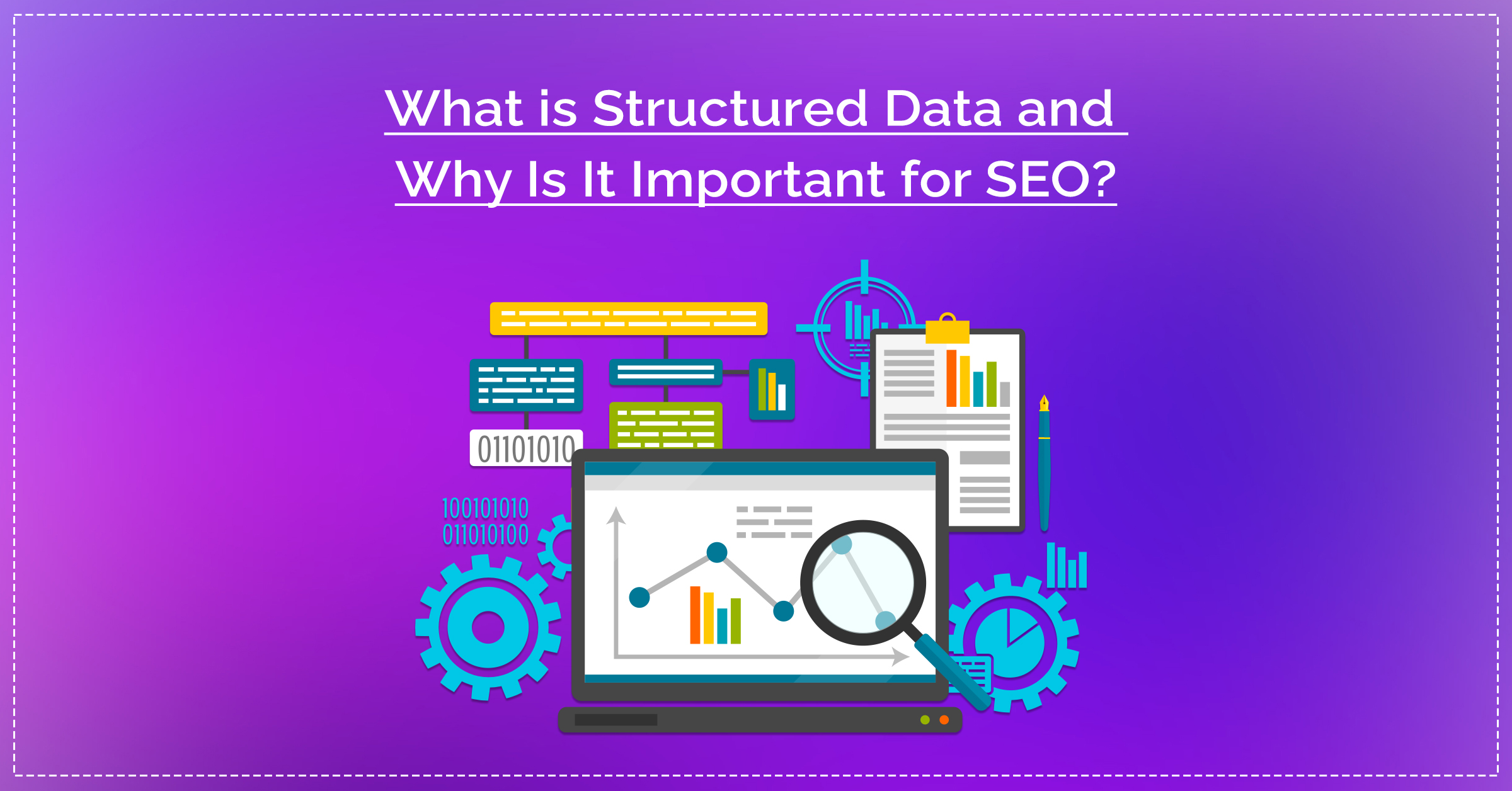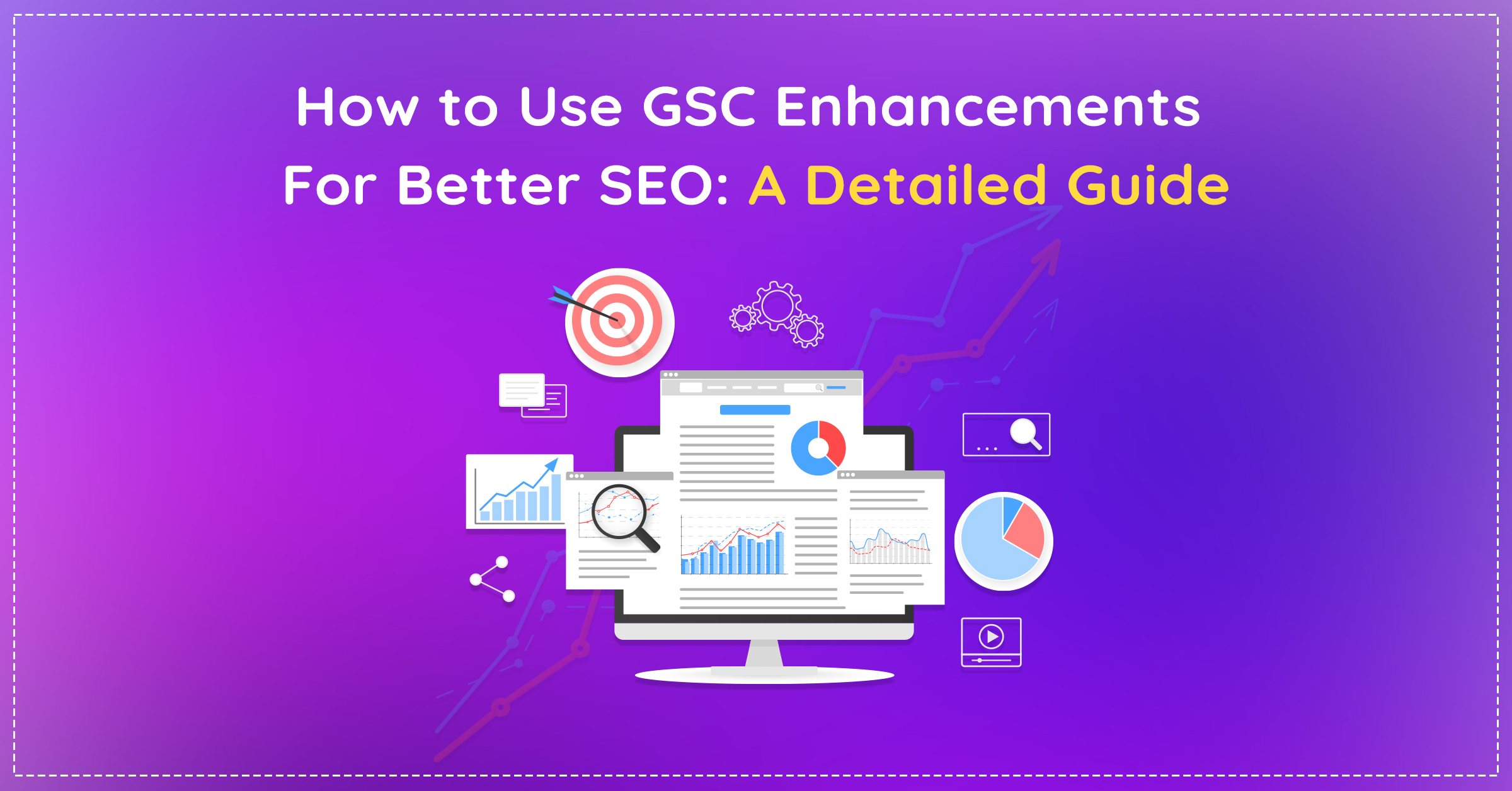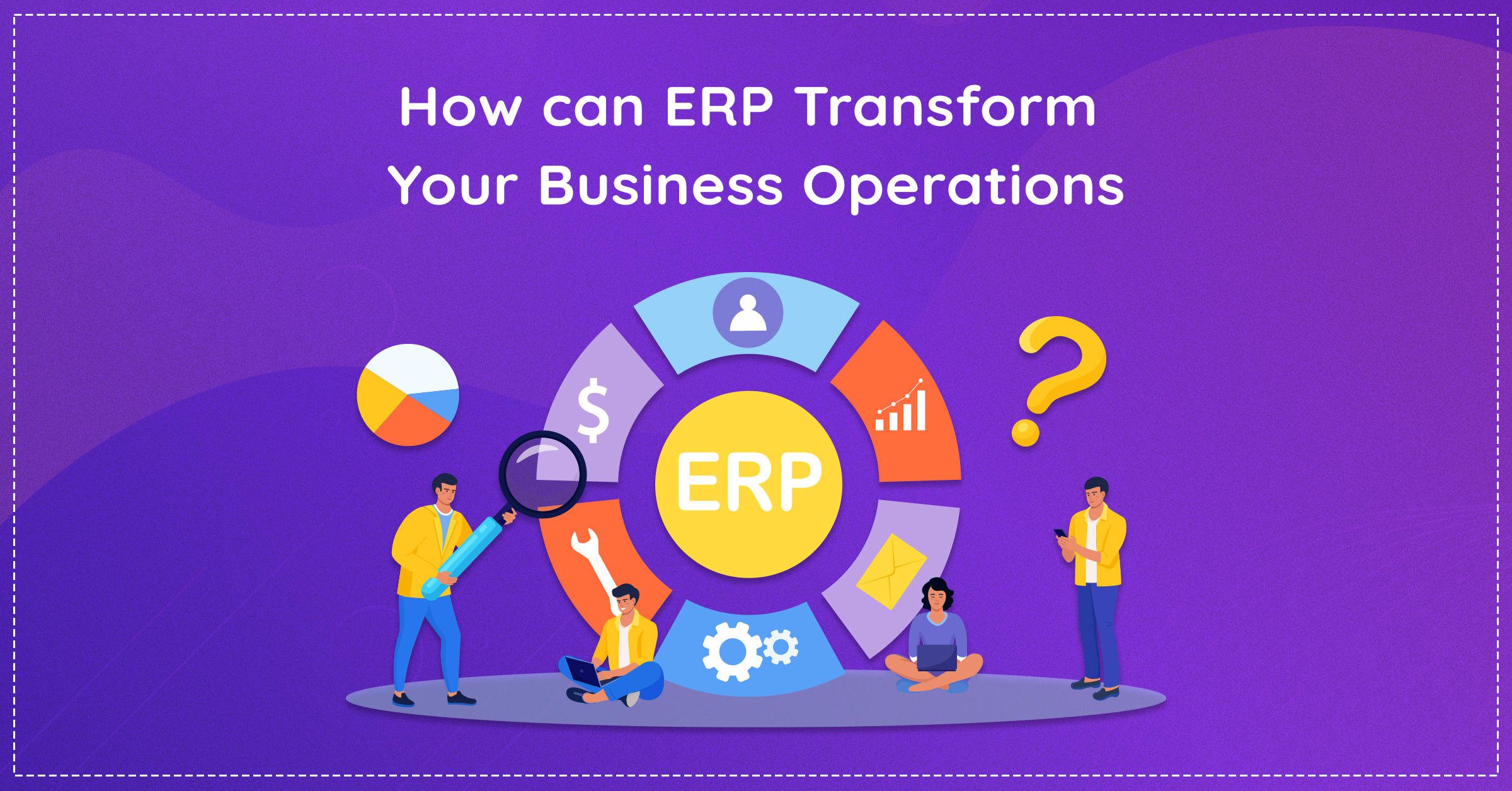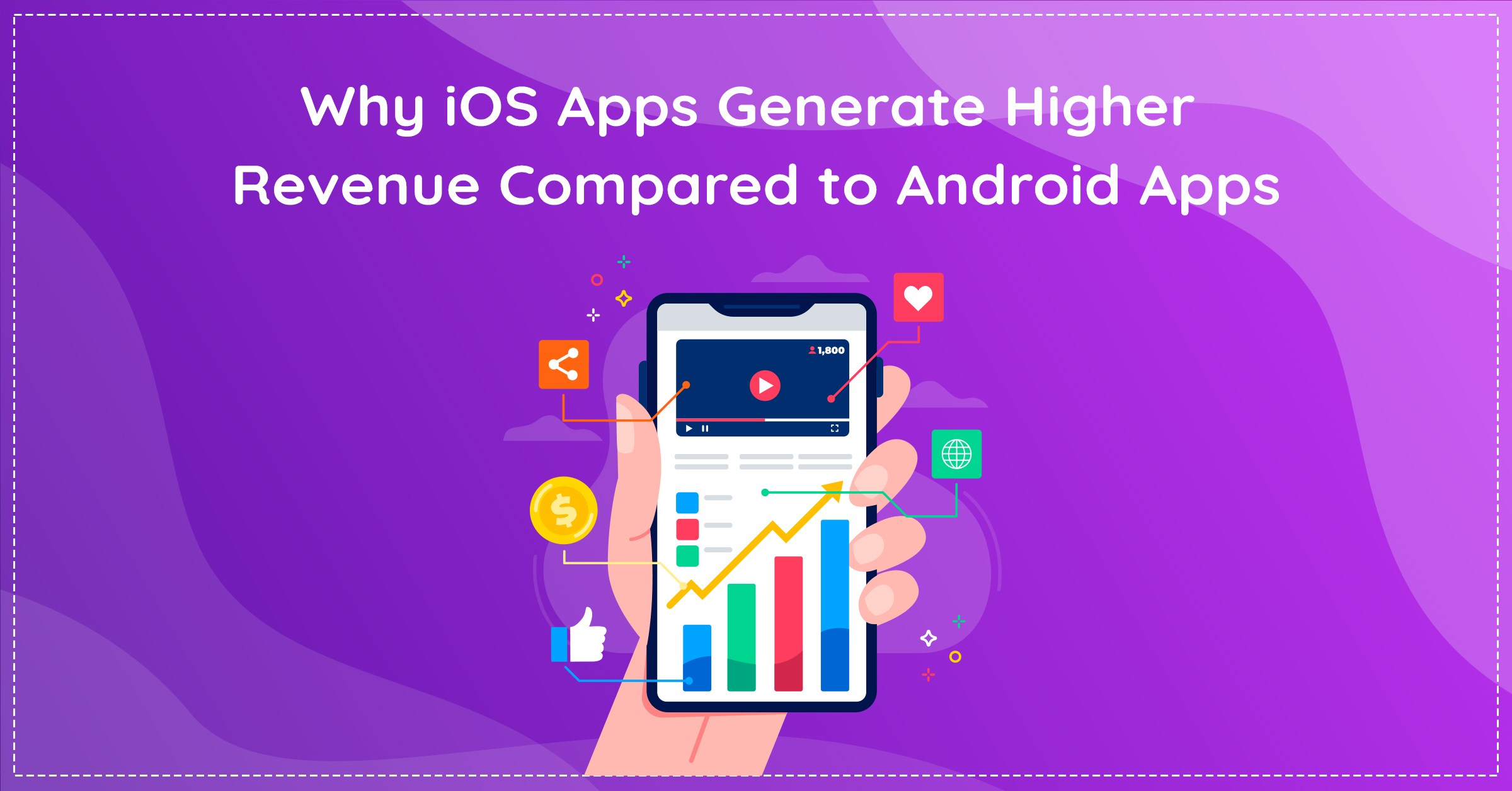Our mobile phones are our way of life and plainly put, move with us all day. Orthodox gateways like websites have been taken over by applications. Applications are demanded to have immediate and accurate responses.
At Eiosys, we believe that mobile apps are not copies of your website; they are an expansion of the beloved brand you have created. Your app is to be developed with the same love and care with which your brand was created.
The process of app development, whether a native app or a hybrid app, includes designing, coding, testing, rolling out, and fixing bugs. Eiosys helps you choose the appropriate route to create the perfect app for your business, either native or hybrid, with the ultimate objective of a rich user experience.
Additionally, we ensure that the features used in your native or hybrid apps are easy to use while still maintaining the unique essence of your brand.
Every app is a journey that starts with an initial assessment of the business requirements, timelines, and quality of user experience, and complexity of features desired. These features help us determine the kind of app you need.
Helping you understand and select an app development technology that enables you to achieve your desired output is our priority. To make this choice easier, let’s delve further into each of these technologies.[/vc_column_text]
NATIVE APPS
Coding Language
A native app is one that has a separate source code written in the naturally compatible language for each of the mobile operating systems. For instance, the source code of an iOS is written in a language consistent with the platform and the source code for an Android Operating System is written in language compatible with Android.
Cost-Effectivity
Native apps have high-speed performance, making them a suitable choice for heavy data apps and games. They do not compromise on the quality of heavy graphics or animations in the app. However, developing a native app requires expert coding skills, it is time taking, and needs a high budget development method for compilation and maintenance of apps.
Time Effectiveness
The development of each of the separate source codes for each platform is a time taking process, and usually, a native app can be released only in one platform at a time.
Use of Plug-Ins
Native apps are, quite literally, native to the users’ operating system. Since every source code is different for each platform, they can be optimally developed, keeping in mind all developer guidelines specific to iOS, Android, and other operating systems.
Native apps can also tap on the in-built capabilities of the users’ devices without any plug-ins.
Reflection of Updates
Every update in a native app needs to be recompiled with the source code and is different for every platform. Thus, the reflection of updates is slower in comparison to a hybrid app.
Examples : PUBG, TikTok, AirBnB etc.
HYBRID APPS
Coding Language
A hybrid app uses a single source code for each of the mobile operating systems. For instance, the source code of an iOS and the source code for an Android Operating System can be written in the same programming language.
Cost-Effectivity
The hybrid app is substantially economical and scores high on the quality to cost ratio. Apart from the development, rolling out, bug fixes, and updates are quick to be reflected in hybrid apps. It is also easier to add new features in a hybrid app. The cost of developing hybrid apps is typically 25-40% cheaper than the cost involved in developing individual native apps.
Time Effectiveness
Using a single source code for all platforms enables a hybrid app to be released on all platforms simultaneously.
Use of Plug-Ins
A hybrid app allows you to have multiple features on your app and has access to the device’s features and APIs (using plug-ins).
For instance, the App Lock and Bluetooth features can be used by the app by installing required plug-ins. While the implementation of hybrid apps varies from the implementation of native apps, there is a little possibility of an end-user being able to tell them apart.
Reflection of Updates
Releasing an update in a hybrid mobile app is quite faster. Moreover, it can be done in parallel to both of the operating systems.
Managing the releases is quite easier in hybrid app development. The less complex updates can be managed directly from the backend.
Examples : Instagram, Gmail, Evernote, Walmart etc.
Like every business decision, the app development technology is unique to your line of business and your expectations from the output. Our services are just the catalyst you need to ensure that the essence of your brand is maintained and your expectations are fulfilled.
We understand that when you build an app (native app or a hybrid app), your priority is the user experience. Our team ensures that we deliver a high-quality app either using Flutter app development or Native app development technology.

